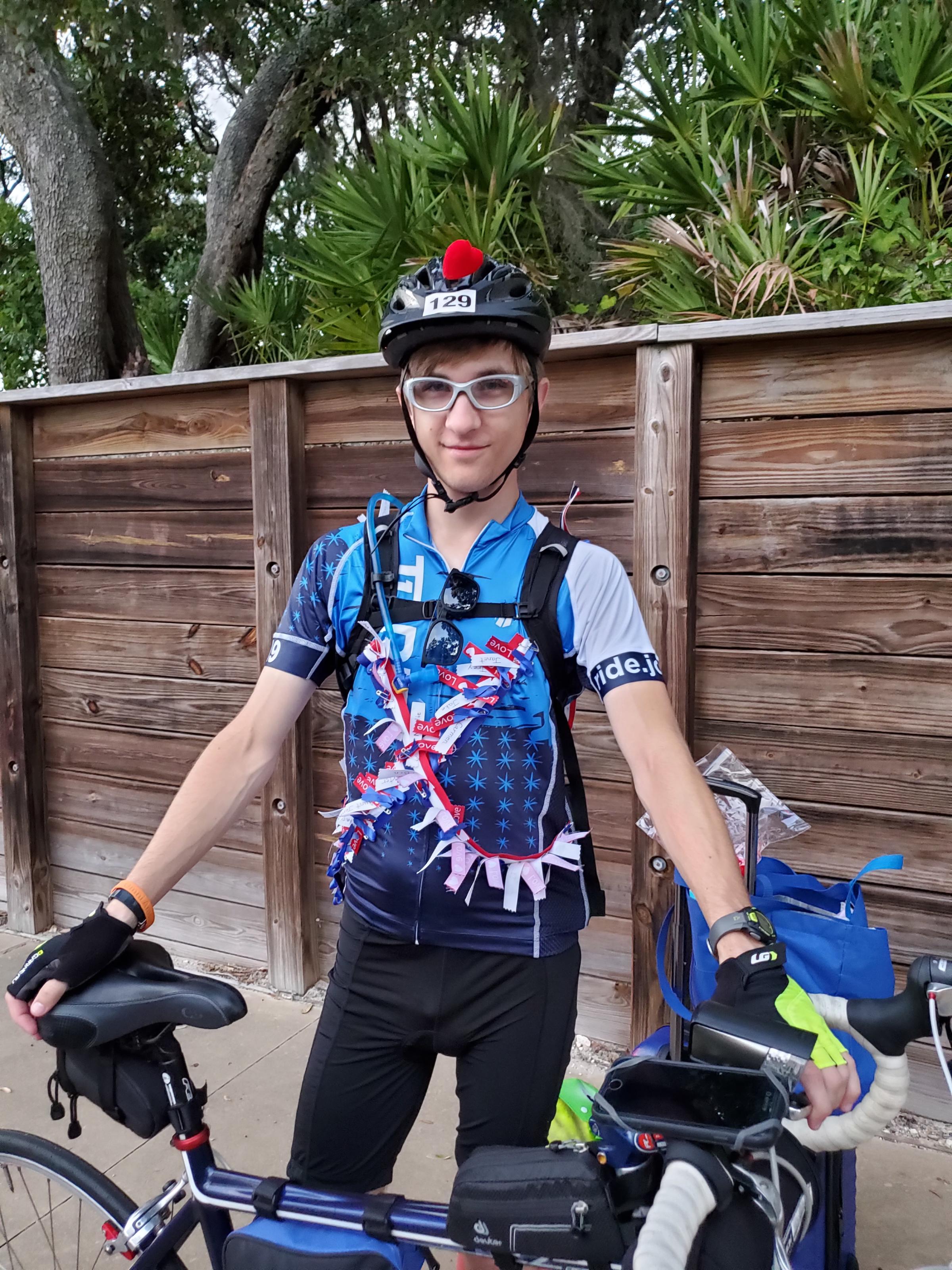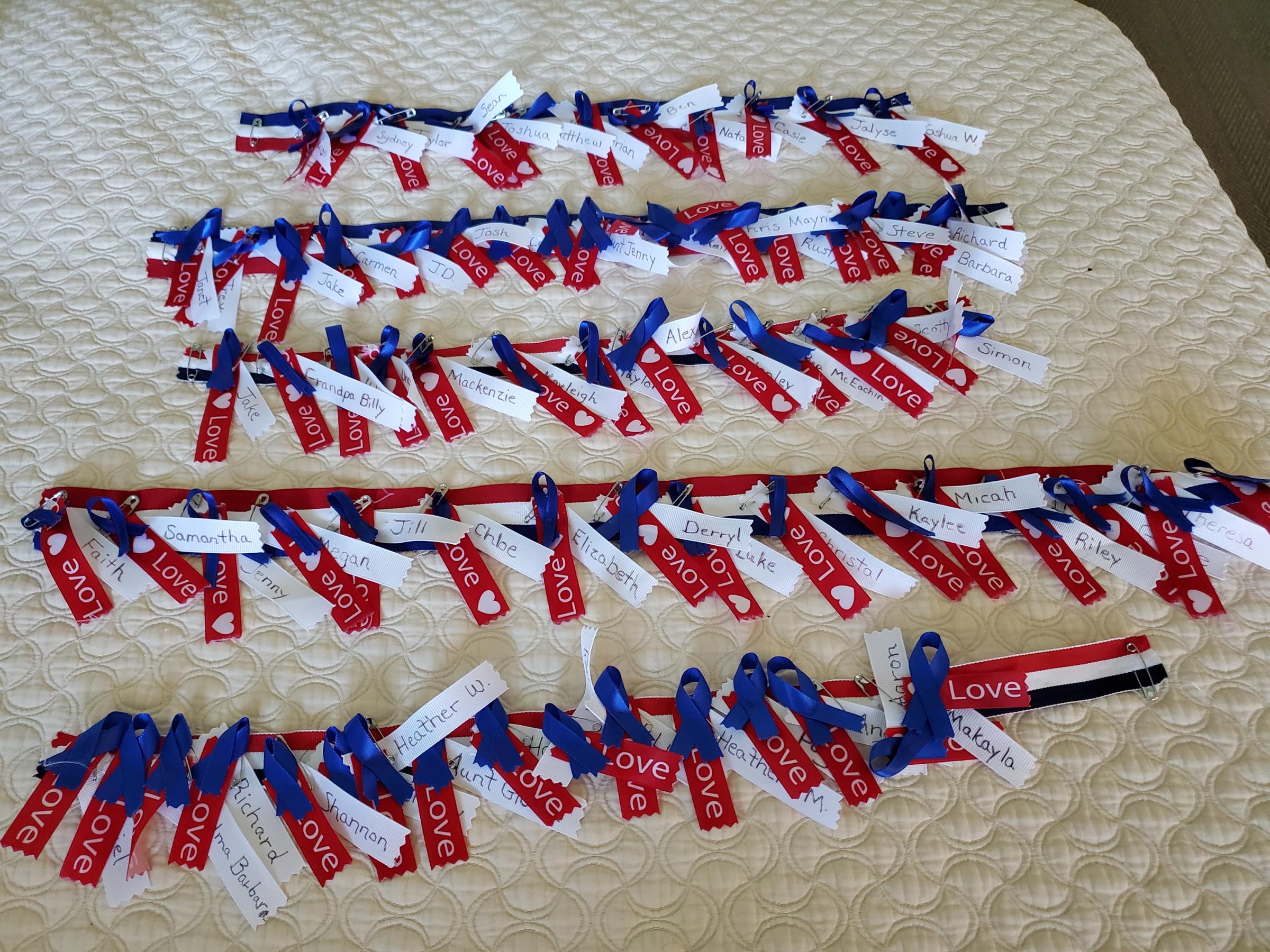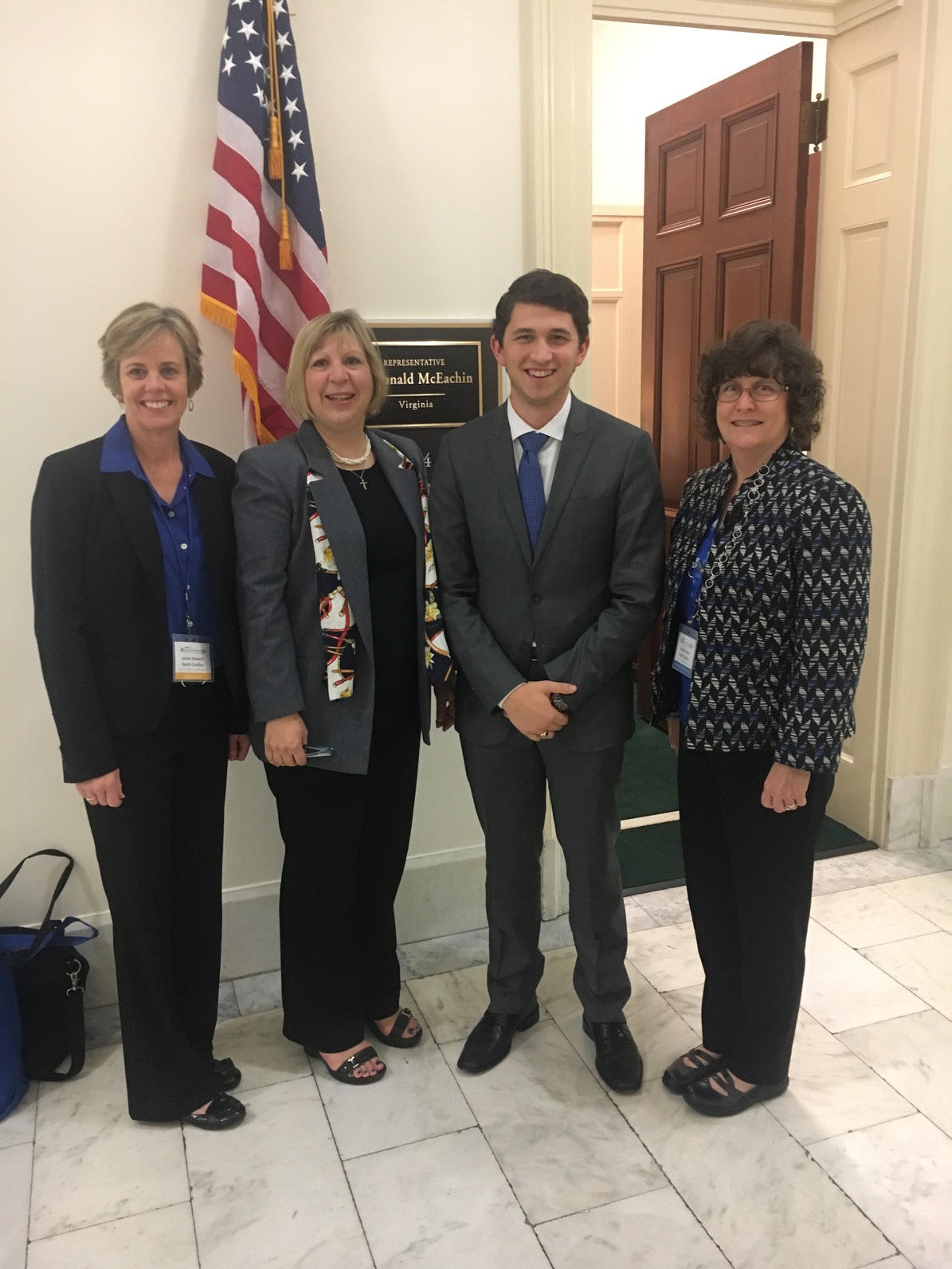National Volunteer Week Preview and Volunteer Spotlight: Cynthia Bitterman
in Advocacy
National Volunteer Week is April 18-24! All week long, JDRF will feature and recognize our incredible volunteer partners who are committed to creating a world without T1D. Even through challenging times, your dedicated support demonstrates just how much we can accomplish when we work together. This year’s National Volunteer Week theme is All for (Type) One working together to accelerate life changing breakthroughs. We simply could not do this work without ALL of you.
We use this week to officially celebrate your volunteerism, but it goes without saying that we are endlessly grateful, every single day, for your time and commitment to our shared mission. From board, event committees and office volunteers, to advocacy leaders, outreach volunteers and youth ambassadors, we thank each and every one of you who share your talent, knowledge and passion with us. It is volunteers like you who drive our shared mission forward and truly model what it means to be stronger together. Thank you from all of us at JDRF!
Follow us on social media during #NationalVolunteerWeek to learn about more of our amazing volunteers!
Volunteer Spotlight: Cynthia Bitterman
We are grateful for the efforts of our Advocacy Team Chairs (ATCs) and are excited to highlight one of our VA ATCs. Our Advocacy Team Chairs support the legislative and policy priorities set forth by JDRF Advocacy by engaging and growing the local base of advocates, taking action on alerts, building relationships with Members of Congress, participating in virtual campaigns, and sharing information on social media.
Cynthia Bitterman – ATC, VA
T1D Connection: Son, Alex
Volunteer superstar: Walk, Advocacy, Gala, Ride, Outreach
Cynthia recalls her involvement began when Alex went to get his learner’s permit at the age of 15, in 2012. “After spending an hour and a half in line, we learned that the Virginia DMV had recently started requiring those who were taking any one of over 50 prescribed and over-the-counter medications to submit their applications to a medical board in Richmond (our state capitol) for “medical review.” The requirement was so new that the DMV director didn’t know what would be required, or how a decision would be made. She gave us an 8 page questionnaire that seemed more appropriate if there had been an accident due to a medical condition; they also wanted 2 weeks of blood sugar numbers, his A1C, and access to all of his medical records, which alarmed me, as once that permission is signed, it is almost impossible to reverse. I asked Alex if he wanted to comply, and explained the possible ramifications of compliance, or fight; he wanted to fight it! After calling a few friends who I knew were T1D and had the drivers’ licenses and who had never heard of this, my first call was to our local state representative to find out if this was a law, policy or state regulation, and my second was to the local JDRF chapter, to see if they had any experience with this; they hadn’t, and encouraged me to let them know the outcome. To make a very long story short, in three days we were able to reverse the policy for the entire state with some persuasive talking. We reported back to the JDRF office, and I was invited to become the advocacy chair for the Hampton Roads chapter.”
Cynthia also shares to those who haven’t been involved, “I would tell them of the importance of using your voice. During one of my visits to Washington, DC during Government Week, I had the first appointment of the day in one of our representative’s office. Since the office was tiny, I could easily overhear their conversation, and heard one of the staff members ask the person running the meeting about how he should respond to a constituent’s request. I will never forget the response: “We don’t do anything about any issue until we have heard from at least 250 people.” To me, that was chilling, and reinforced how important it is for ALL OF US to use our voices. Although Alex and I were able to change Virginia DMV policy with a few calls and some well-chosen words, in some cases, more voices are needed.”


